7 Crucial Steps on Planning a Solar Electricity System for Your Home
There are a variety of steps to follow when preparing a solar electricity system to power your home with this alternative green energy. After selecting which option is best for you to use solar, comply with the actions later that apply to you. Your solar energy installer and regional energy business can offer more info on the exact steps you will need to take to power your home with solar energy.
Below we’ll be discussing 7 essential steps you need to follow for planning a solar electricity system for your home.
1. Explore Your House’s Power Performance
Prior to starting the process of powering your house with solar power, property owners need to examine their power usage and also think about possible performance upgrades.
Property owners must be cognizant of their overall power use, and also take into consideration inexpensive and easy-to-implement effectiveness steps before picking solar.
Check out the list below resources to minimize your electricity use:
- Residence power audits: A residence energy audit can aid you recognize where your home is shedding power as well as what steps to require to boost the efficiency of your home.
- Appliances and electronic devices: Utilize your home appliances and also electronic devices more efficiently, or take into consideration purchasing highly effective items.
- Lighting: Change to energy effective lighting, such as LED light bulbs.
- Cooling and heating: If you utilize electricity to heat as well as cool your home, your heating and cooling requirements will substantially influence the amount of solar energy you require. Weatherizing your house as well as heating as well as cooling effectively will decrease the quantity of electrical power you need to create with solar.
2. Analyze Your Solar Potential
Prior to picking the very best means to use solar electricity system in the house, examine the potential solar power that can be produced at your address. Because PV modern technologies use both direct and scattered sunshine to create electrical power, the solar resource across the USA is enough for house solar electric systems.
Nevertheless, the quantity of power produced by a solar power system at a particular site relies on just how much of the sun’s power reaches it, and the size of the system itself.
Numerous mapping services and also tools are offered to help you determine your house’s solar power possibility. A few of the services also offer details on the estimated system dimension, prospective prices as well as cost savings, and regional specialists.
These tools are an exceptional starting factor and also can aid you establish whether your house is suitable for solar, and if not, the very best path ahead for still benefiting from solar. While these tools are practical, they don’t make up every one of the variables that require to be taken into consideration for your specific system.
For that, you will certainly require to work straight with a solar installer who can give an exact evaluation of your solar possibility in addition to comprehensive referrals, estimates, and also tools experience.
Consider the following:
- Nearby shade trees. Professionals will certainly additionally help assess shading, but also consider your own or your next-door neighbor’s trees that are still growing and also might color your system in the future.
- The age of your roofing as well as for how long up until it will certainly require to be replaced. If you expect to need a new roofing within the following few years, you might wish to consider making that enhancement before mounting solar
- Neighborhood or home owner association (HOA) restrictions or approval demands. Some states now have “solar rights provisions” restricting the capacity of HOAs to limit solar installments or limitation solar access. These provisions vary state to state, and also by municipality; check into your very own HOA commitments and state regulations.
3. Assess Your Options for Making Use of Solar
Purchasing and installing a system that you fully own as well as keep is no more the only choice if you wish to go solar. Even if you lease your residence or don’t intend to acquire a rooftop system, there are lots of programs will certainly enable you to still gain from solar power.
Below are several of the choices readily available for using solar energy in your home; contact neighborhood installers and your utility for programs available in your location.
Getting a Solar Power System.
Getting a solar power system with money or a financing is the best choice when you want to make the most of the monetary advantages of installing photovoltaic panels, make use of tax credit ratings, as well as raise the marketplace worth of your house, and also a solarize program is inaccessible or not practical.
The solar installer will certainly connect the system to the grid, and obtain an interconnection license from the utility. When the PV system generates even more power than the home owner requires, the client is usually able to market excess power to the grid, as well as when the homeowner’s electrical energy needs exceeds the ability of the system, the home draws power from the grid as usual. Find out more concerning grid-connected residence power systems.
Getting a solar power system is an excellent option if one or more of the complying with put on you:
- You wish to buy a solar energy system to install at your house
- You are eligible for state or federal financial investment tax obligation credits
- You are willing to be in charge of upkeep or repairs (note that most solar power systems provide service warranties, as well as lots of installers supply procedures and maintenance strategies).
- You want to minimize your electrical power costs.
- You intend to market extra electrical energy generated by your system back to your utility with a net-metering setup.
- You want to increase your home’s worth.
- You have the upfront resources to purchase the system or access to a funding through a lending institution (note: numerous banks, energies, as well as solar installers supply financing arrangements for solar systems).
Almost half of all united state families are not able to host a rooftop solar system due to the fact that they rent or have insufficient roofing system space. If you’re unable to host a roof system, another alternative is to invest in an area or shared solar program.
These programs make it possible for a team of individuals to merge their purchasing power to buy solar into a solar system at a level that fits their requirements as well as spending plan. The system can be on- or off-site as well as may be owned by energies, a solar developer, charitable entities, or multiple area participants.
Think about community solar if one or more of the complying with apply to you:.
- You are incapable or do not want to mount solar at your house or residential property.
- You are incapable to claim state or government investment tax credit scores.
- You do not wish to be in charge of maintenance or repairs.
Solar Leases.
If you lease a solar energy system, you are able to utilize the power it generates, yet somebody else– a 3rd party– owns the PV system equipment. The consumer then pays to lease the equipment. Solar leases frequently include minimal upfront financial investment and also dealt with regular monthly settlements over a set time period.
Under a leasing plan, homeowners typically pay the developer a flat month-to-month fee for the equipment that is based on the estimated amount of electrical energy that the system will certainly generate. This amount is often more economical than their original electrical energy bill.
Solar leases are a good alternative if several of the complying with relate to you:
- You intend to set up solar at your house, yet you are not able or do not wish to acquire a solar energy system.
- You are ineligible for state or federal investment tax obligation credit histories.
- You do not intend to be responsible for upkeep or fixings.
- You intend to decrease your power costs.
- You want to sell unused electrical energy created by your system back to your utility with a net-metering setup.
Power Purchase Agreements (PPA).
PPAs allow customers to host solar energy systems owned by solar companies and also acquire back the electricity produced. This is a financial arrangement where a developer arranges for the layout, permitting, funding, as well as setup on a consumer’s property at little to no upfront cost.
The host customer accepts acquire the power produced by the system at an established price per kilowatt-hour of electrical energy generated over the life of the system. The acquisition rate of solar power is often lower than the neighborhood utility’s retail price.
PPAs are a great choice if several of the adhering to apply to you:
- You intend to set up solar at your house, yet you are not able or do not wish to acquire a solar power system.
- You are disqualified for state or government financial investment tax obligation credit ratings.
- You do not want to be accountable for maintenance or repairs.
- You wish to lower your electricity prices.
- You wish to offer extra electrical energy created by your system back to your energy through a net-metering setup.
- You want acquiring solar at a limited up front cost.
Solarize Programs.
Among one of the most effective means for communities to go solar is via a Solarize program. Solarize programs allow an in your area organized team of home owners and companies to pool their buying power to competitively select an installer and work out minimized rates.
This mass acquisition makes it possible for more people to go solar because the group version makes the process simpler, boosts demand for solar, and additionally decreases setup costs.
Solarize programs are a good alternative if one or more of the complying with relate to you:.
- A Solarize program is readily available in your area.
- You wish to acquire a solar energy system to set up at your house.
- You are qualified for state or federal investment tax credits.
- You agree to be responsible for maintenance or fixings (note that most solar power systems supply service warranties, and also many installers supply operations as well as maintenance strategies).
- You want to lower your electricity expenses and offer unused power generated by your system back to your energy through a net-metering plan.
- You intend to increase the worth of your residence.
4. Quote Your Solar Electricity System Needs
To aid your professional to supply suggestions for your system’s kind and dimension, gather info regarding your residence as well as electrical power use.
Review power expenses to figure out annual electricity needs. Your use will certainly be shown in kilowatt-hours (kWh). Testimonial each month of the year; you may utilize more power in some months than others (e.g., if you run the a/c in the summertime). Some utilities offer tools that can aid with this review.
Take into consideration any planned modifications. If you will certainly be purchasing an electrical lorry or are planning a house enhancement, your power needs may increase.
If you are remaining to make substantial modifications to boost your residence’s power efficiency, you may require much less electricity than you made use of in the past.
5. Acquire Quotes and Also Site Analyses from Solar Installers
When researching installers, be sure to find professional as well as insured experts with the appropriate accreditation– the solar market conventional certification is from the North American Board of Qualified Energy Specialists.
You can likewise ask friends and family participants who have actually just recently gone solar for referrals and also examine on-line resources for testimonials. Prior to you make any kind of dedications, request for proof of licensure prior to collaborating with an installer.
There are additionally on the internet tools that can aid you conveniently locate and also compare solar installers. Acquire a minimum of three bids for the PV system installment and make certain the proposals are based upon the exact same attributes and metrics to enable comparison shopping.
When interviewing installers, consider asking the following inquiries:.
1. Is your company knowledgeable about regional allowing as well as interconnection processes? Often getting structure authorizations and receiving permission to interconnect can be long and tiresome procedures. Make sure that the installer is familiar with these regional procedures will make certain that your system is mounted and also connected in a timely fashion.
2. Can the business offer recommendations from other customers in your location? Speak to various other consumers in the area to learn about any obstacles they dealt with and also exactly how the firm aided settle them.
3. Is the company appropriately licensed or certified? PV systems must be set up by a properly certified installer. This generally implies that either the installer or a subcontractor has an electrical professional’s permit. Your state electric board can tell you whether a professional has a valid electrician’s certificate.
Local building departments could also call for that the installer have a basic service provider’s permit. Call the city or area where you live for extra details on licensing. Furthermore, solarize programs may require you to deal with a details installer to get the reduced system rate.
4. What is the guarantee for this system such as? Who ensures the procedure and also upkeep of the system? Most solar tools is backed by a market common guarantee (frequently twenty years for photovoltaic panels and one decade for inverters). Making sure that system is backed by a solid guarantee is typically an indicator that installer is making use of quality devices.
Similarly, the homeowner needs to develop whose obligation it is to correctly maintain and repair the system. The majority of lease as well as PPA setups will need the installer to supply system upkeep, and lots of installers use affordable O&M plans for host possessed systems.
5. Does the firm have any pending or active judgments or liens against it? Just like any kind of task that requires a service provider, due diligence is recommended. Your state electrical board can inform you about any kind of judgments or complaints versus a state-licensed electrical expert.
Consumers must call the city and also region where they live for info on exactly how to review service providers. The BBB (Better Business Bureau) is another resource of details.
Bids should plainly specify the maximum generating capability of the system– determined in Watts (W) or kilowatts (kW). Also demand a price quote of the amount of power that the system will certainly produce on a yearly or regular monthly basis (determined in kilowatt-hours). This figure is most beneficial for comparison with your existing utility bills.
Bids additionally need to consist of the overall cost of obtaining the PV system up and running, including equipment, installation, connection to the grid, allowing, sales tax, as well as warranty.
A cost/watt, as well as estimated cost/kWh are one of the most valuable metrics for comparing costs across different installers, as installers may utilize various tools or deal quotes for systems of different dimensions.
6. Understand Available Funding and Also Incentives
Small solar power systems are eligible for a 30% federal tax credit rating through 2019. The tax obligation credit report lowers to 26% in 2020, then to 22% in 2021, and ends December 31, 2021.
If you opt for a solar lease or power-purchase contract, keep in mind that you will certainly not be qualified for this tax benefit, since you will not own the solar power system.
You can look for additional state, local, or energy rewards on the Database of State Incentives for Renewables and Efficiency (DSIRE).
Along with incentives, make sure to discover all of the readily available solar financing alternatives. Every situation is different, as well as what is ideal for your home depends upon a wide variety of factors. The Clean Energy States Alliance guide assists home owners recognize their choices, clarifying the advantages and also disadvantages of each.
7. Deal with Your Installer As Well As Utility
If you determine to set up a solar power system, your installer must be able to help you finish the essential permitting as well as actions.
Your installer will identify the ideal size for your system. The size will certainly be based upon your electrical energy demands (determined symphonious 4) as well as the following:
- The site’s solar resource or available sunlight.
- Orientation of the system and tilt.
- Performance of the system at transforming sunshine to electrical power.
- Various other electrical power resources, like an energy, a wind turbine, or a fossil fuel generator.
Your installer will certainly additionally make certain that all devices is mounted appropriately and also oriented and tilted in such a way to make best use of the daily and seasonal solar energy obtained as well as created by your system.
Make sure you recognize how invoicing and also net metering will certainly work, in addition to any additional energy fees you will certainly need to pay.
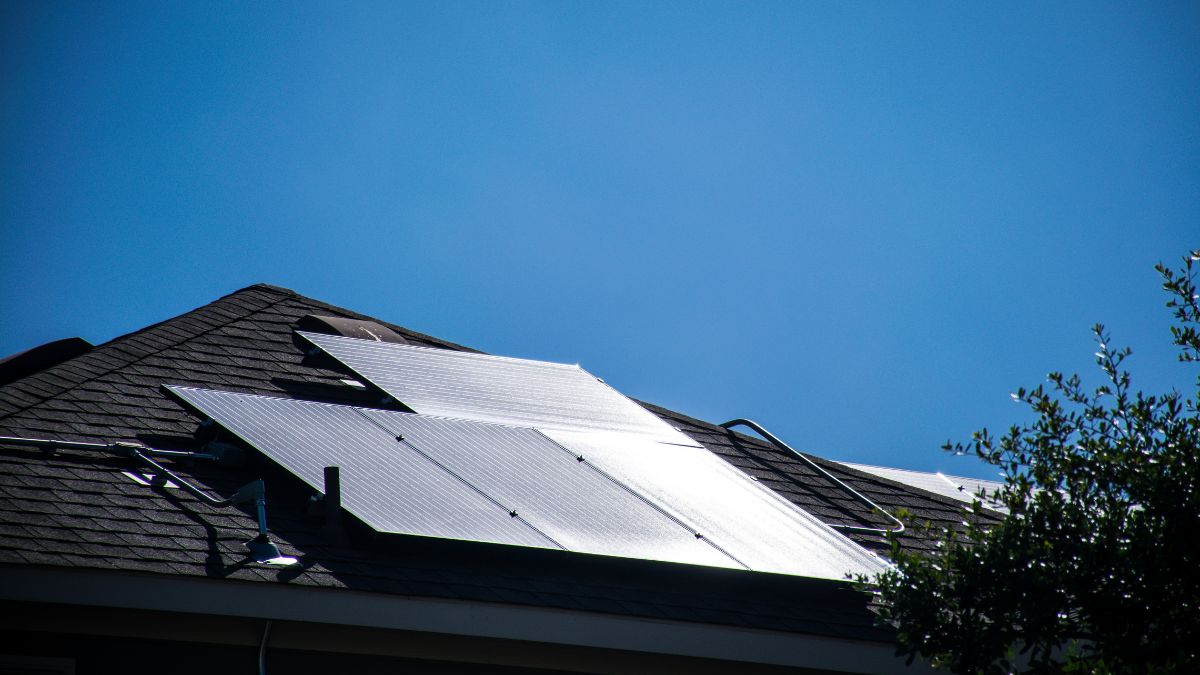
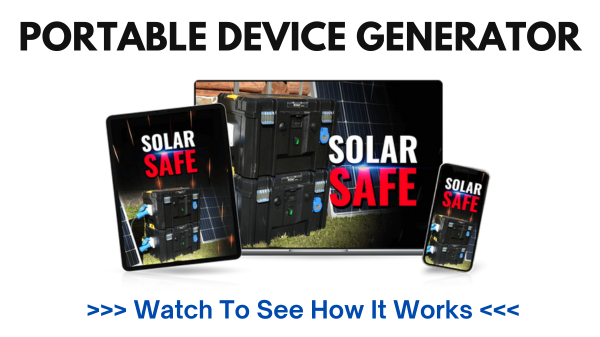
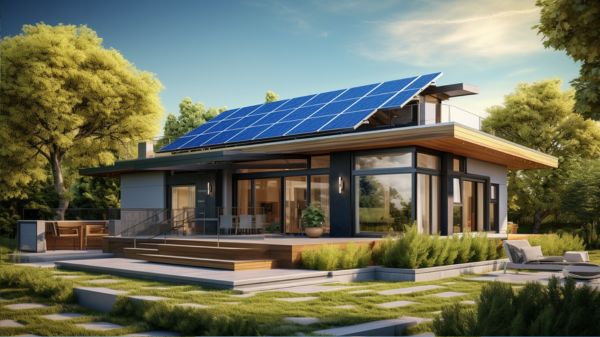
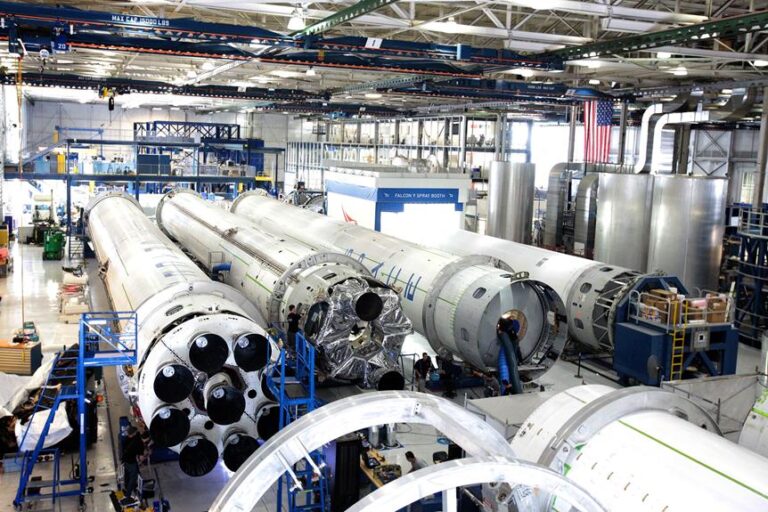

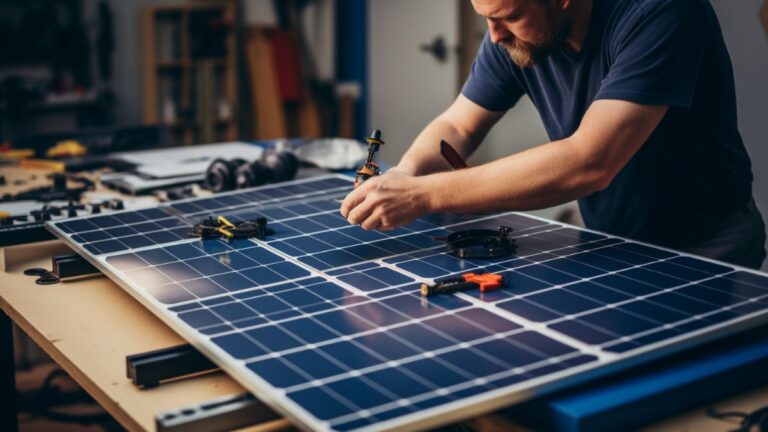
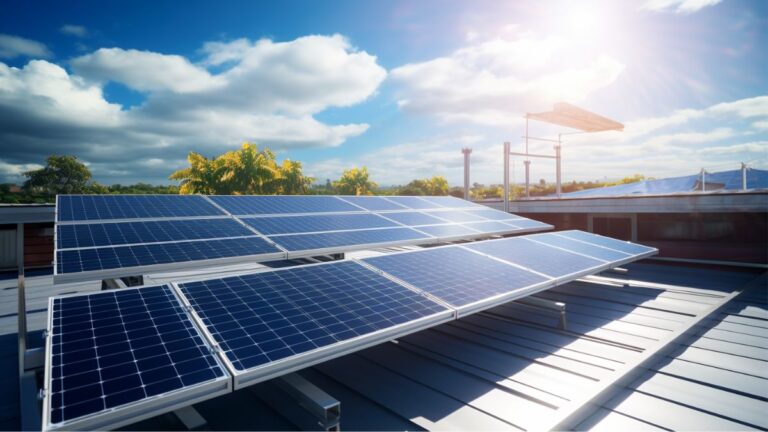
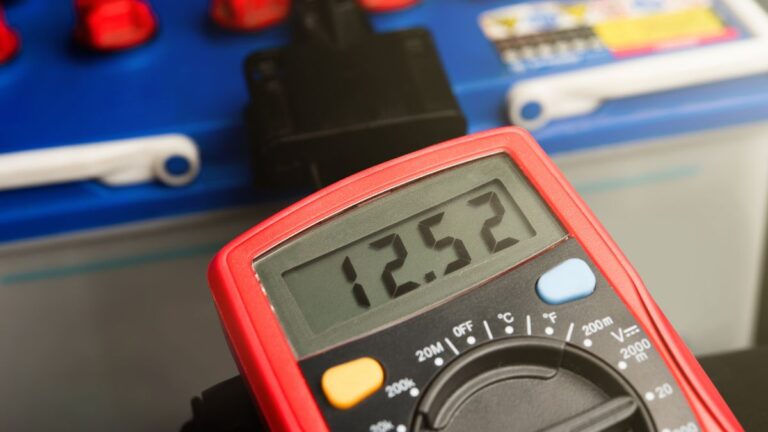
4 Comments
Comments are closed.